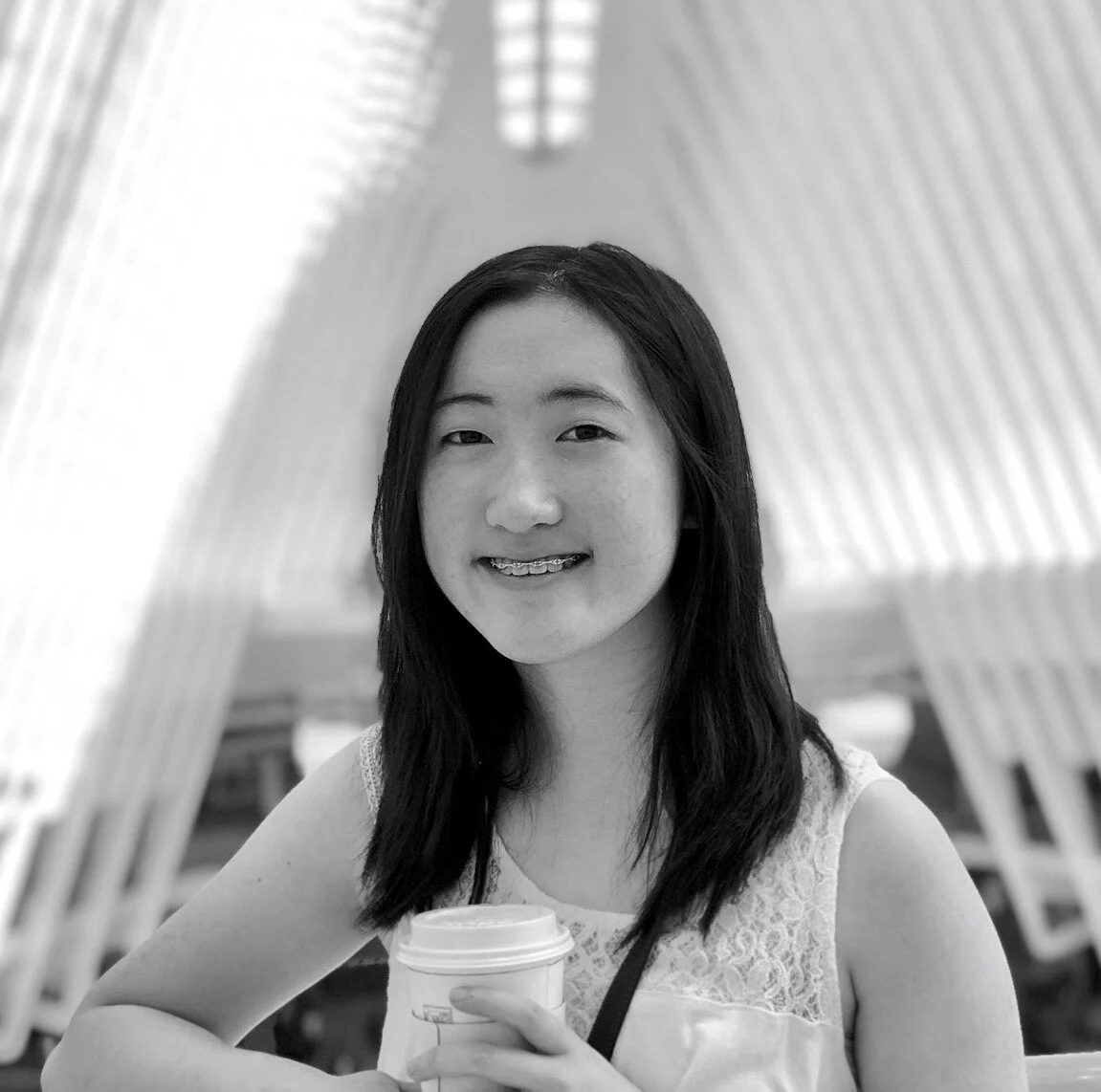SOLILOQUY ON THE NEW MOON
Runner-Up – COUNTERCLOCK Emerging Writer’s Awards, Poetry
Sarah Lao
After the Chinese myth of Chang’e, in which a woman ascends to the moon and godhood after consuming an elixir. In some versions, she is the villain who has stolen the elixir, and in others, she is the selfless heroine.
For all my endings —
the ones in which I turn toad
or follow the rabbit’s tracks
across every crater—I tell myself
the small disasters I’ve left
in my wake, elixir curdling
to skim milk under the tongue.
How I took escalators laced
through the skies & saw
every member of the crowd below
condense into dots. Until there were
a million unblinking eyes to catch me.
I tell myself all this & more,
but there is no grammar capable
of describing how a body shifts
into godhood. Subject. Verb.
My clipped nails meteor into the dark.
Today, I search for all the versions of myself
scattered in this grey landscape.
I carry dresses back to the jaded house
& find organs lodged in its folds.
So many wayward costumes to try on.
In the mirror, my reflection
careens my features to yesterday.
Or, if not yesterday, tomorrow.
The sleeves of my dress rattle
& old eyes dry to pebbles
as they slip from eyelets.
Play along: pick one to pitch
& watch it rupture.
In the dust I’ll lie
& remember the year
the sightseers will come
on a fleet of rocket ships.
They will call me by the body
& mistake bright skin
for new land. Mistake eyes
for lunar rock to be taken
home as a souvenir.
Poet’s Statement
I started writing this piece last December after I first heard someone mention the more villainous side of Chang’e. Initially, I was shocked. With a decade of weekend Chinese school and countless stories from my grandparents, I had always thought that I knew everything about the myth and that Chang’e was a completely selfless, heroic figure. But after a quick google search, I was proved wrong, and that’s how "SOLILOQUY ON THE NEW MOON" came into being. Primarily, I was fascinated by the idea of change—how a mortal can become divine, how myths shift with each retelling, how our history interacts with modern forms of imperialism and commercialization. Drawing inspiration from Ovid’s Heroides, I wanted to write the poem with a wholly female perspective and give Chang’e the chance to tell what "really" happened during and after the myth. It took roughly five drafts to reach this version, but there were several periods where I left the poem to simmer unattended at the back of my mind. In revision, I cut a few of the more confusing images, added context at the beginning of the poem, and focused on clarifying and consolidating the poem.
about the writer
Sarah Lao is a junior at the Westminster Schools in Atlanta, Georgia. Her work can be found or is forthcoming in Rattle, the Penn Review, and Liminality, among others. She is a 2019 Best of the Net Finalist and 2020 YoungArts Finalist in Poetry, and she has been recognized by the Scholastic Art & Writing Awards, Hollins University, Penn State Behrend, and the Adroit Prizes.

